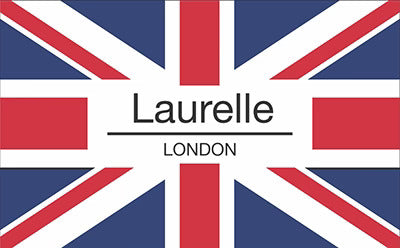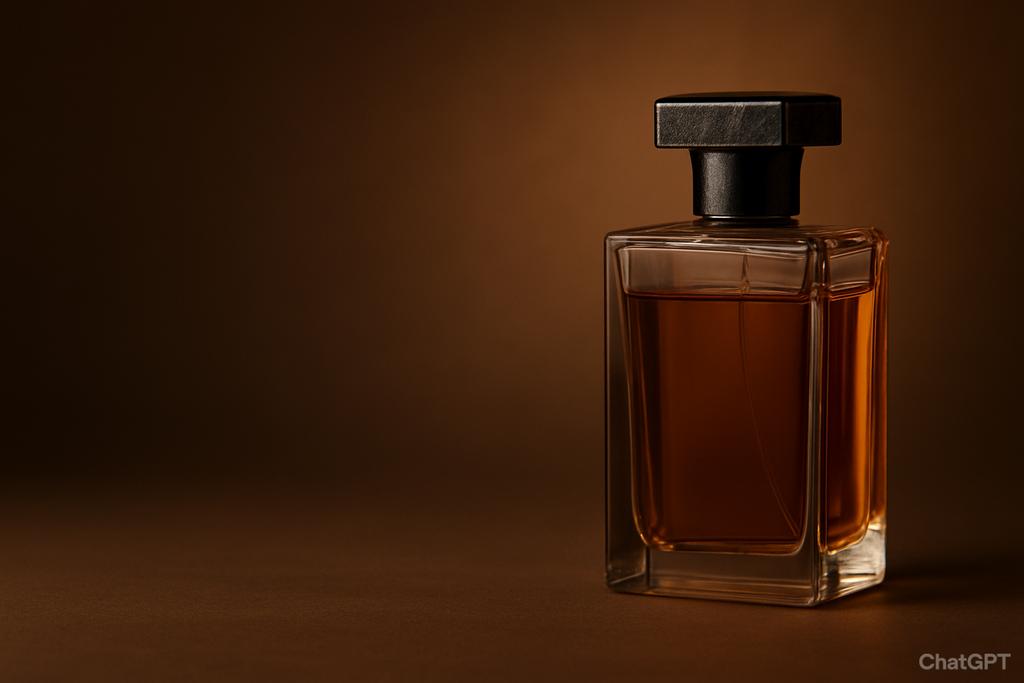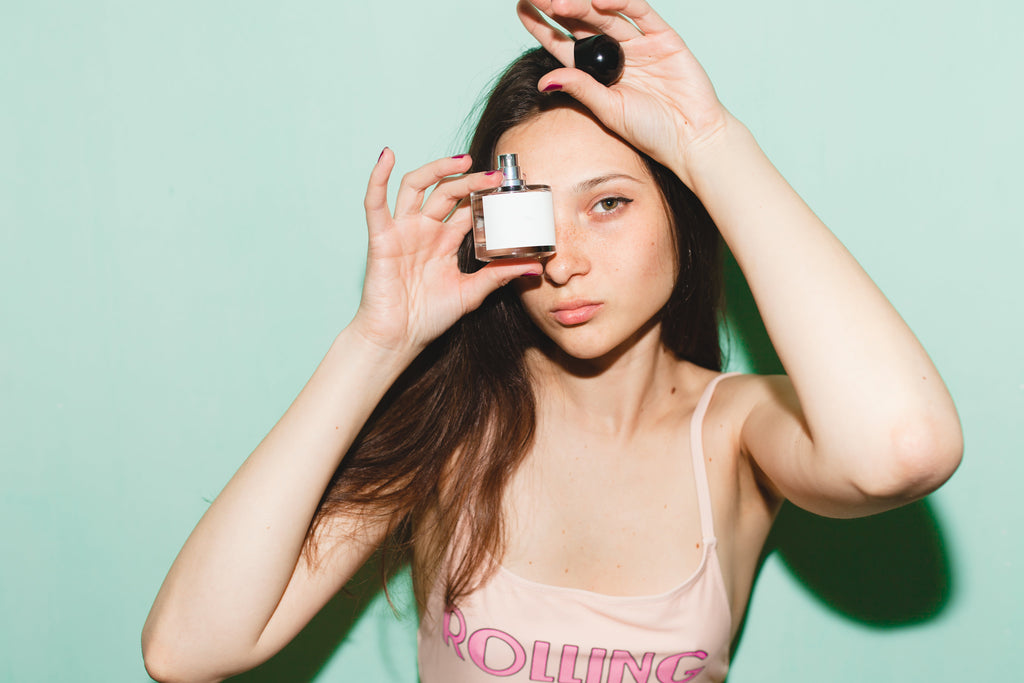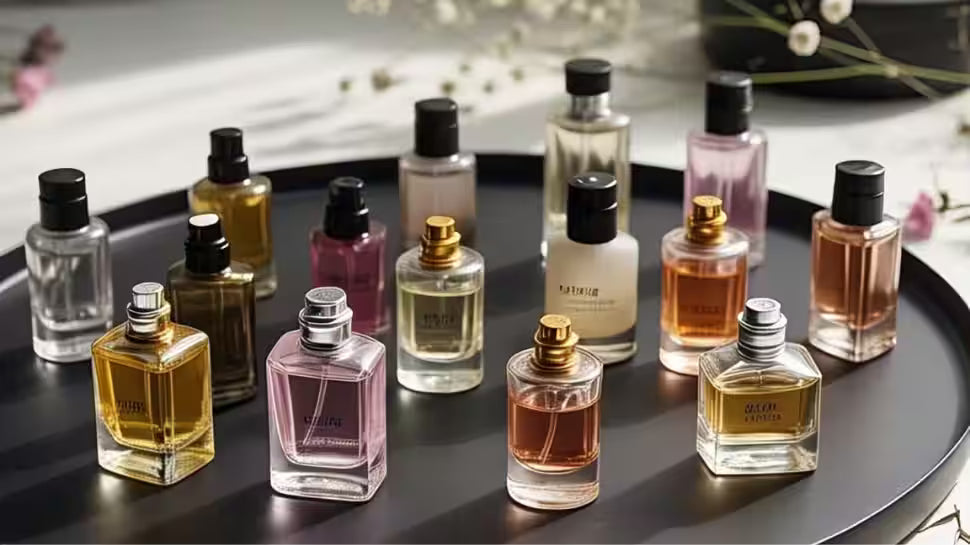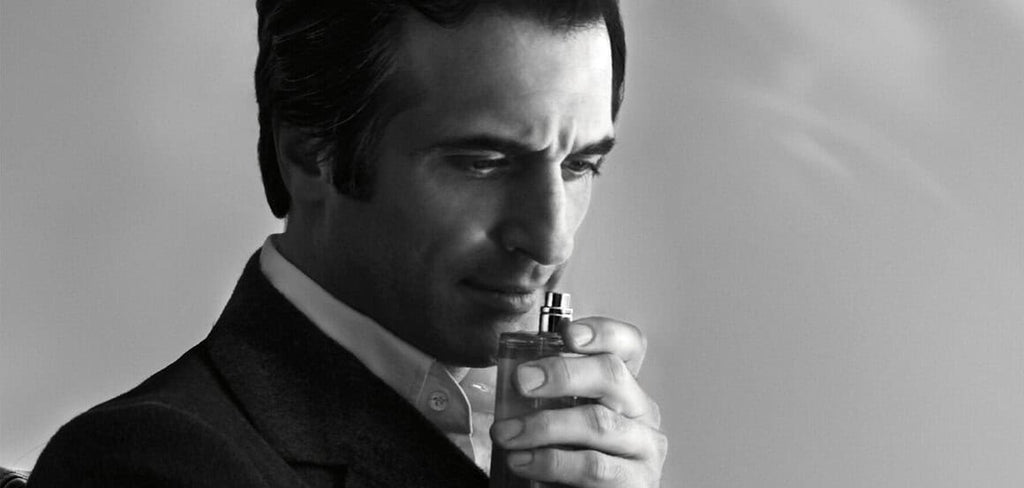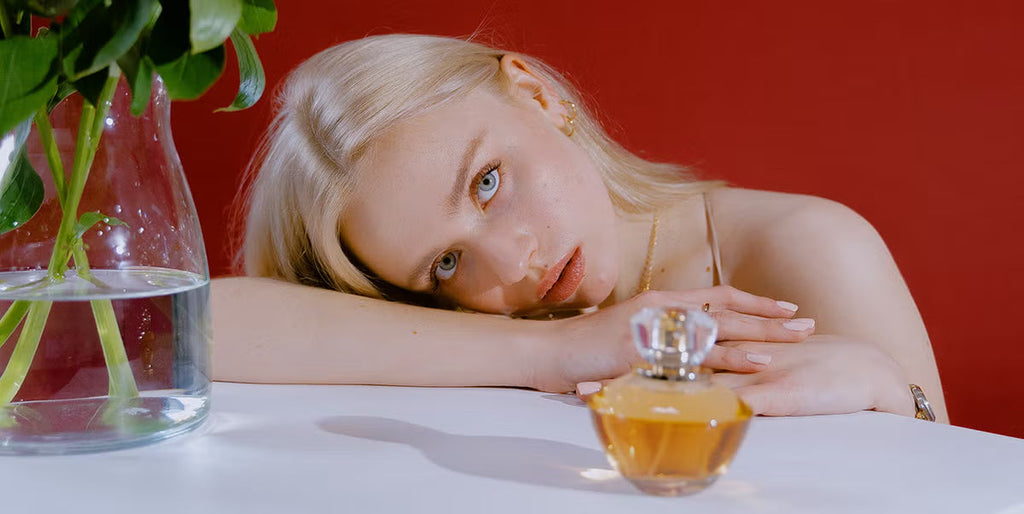
Beyond Deodorants: The Shift Toward Sophisticated Perfumes Among Gen Z & Millennials

The fragrance industry is experiencing a seismic shift as younger generations abandon traditional deodorants and body sprays in favor of sophisticated perfumes and niche fragrances. This transformation reflects deeper cultural changes in how Gen Z and Millennials approach personal identity, self-expression, and consumer choices.
The Great Fragrance Migration
Walk through any college campus or urban workspace today, and you'll notice something different in the air. The overpowering cloud of Axe body spray that once dominated male spaces has given way to more nuanced, complex scents. Similarly, the sweet, vanilla-heavy body mists that defined teenage femininity are being replaced by woody, unisex fragrances that challenge traditional gender norms.
This shift represents more than just changing preferences – it's a fundamental reimagining of how young adults view personal fragrance. Where previous generations might have reached for a quick spritz of body spray, today's 18-35 demographic is investing in quality perfumes, often spending hundreds of dollars on bottles that would have been considered luxury items by their parents at the same age.
The Social Media Catalyst
The rise of "perfume TikTok" and Instagram fragrance communities has played a crucial role in this transformation. Influencers like Jeremy Fragrance, Demi Rawling, and countless others have democratized fragrance knowledge, making what was once an intimidating world accessible to younger consumers. These platforms have created a new vocabulary around scent, with terms like "sillage," "projection," and "dry down" becoming part of everyday conversation among fragrance enthusiasts.
The visual nature of social media has also transformed how fragrances are marketed and consumed. Aesthetic bottle designs, satisfying spray shots, and "scent stories" have turned fragrance purchasing into a form of entertainment and self-expression. The hashtag #FragTok has garnered millions of views, with users sharing their "signature scents" and creating elaborate fragrance collections that function as both personal expression and social currency.
Quality Over Quantity: The Sophistication Factor
Unlike the mass-market approach of previous generations, Gen Z and Millennials are approaching fragrance with a curator's mindset. They're willing to spend more on fewer, higher-quality products rather than accumulating multiple cheaper options. This shift has benefited both established luxury houses and emerging niche brands that offer unique, artisanal compositions.
The appeal of sophisticated perfumes lies in their complexity and longevity. Where body sprays might last an hour or two, quality perfumes can evolve throughout the day, revealing different notes and creating a more dynamic olfactory experience. This aligns with younger generations' desire for products that offer depth and authenticity rather than superficial appeal.
Breaking Gender Boundaries
Perhaps the most significant aspect of this fragrance revolution is the rejection of traditional gendered scenting. Gen Z and Millennials are embracing unisex fragrances at unprecedented rates, viewing scent as a form of personal expression rather than gender conformity. Brands like Le Labo, Byredo, and Maison Margiela have capitalized on this trend, creating collections that deliberately blur gender lines.
This shift challenges the binary "fresh and sporty for men, floral and sweet for women" paradigm that dominated fragrance marketing for decades. Instead, younger consumers are drawn to complex compositions that might combine traditionally masculine woods with feminine florals, creating signatures that are uniquely their own.
The Experience Economy Impact
The fragrance preferences of Gen Z and Millennials reflect broader trends in the experience economy. These generations prioritize experiences over possessions, and fragrance serves as a bridge between the two. A sophisticated perfume becomes both a physical product and an emotional experience, capable of evoking memories, moods, and personal narratives.
This experiential approach extends to how fragrances are discovered and purchased. Young consumers are more likely to visit fragrance boutiques, attend scent workshops, and participate in fragrance communities both online and offline. The act of choosing a signature scent becomes a journey of self-discovery rather than a simple transaction.
Economic Implications
The fragrance industry has taken notice of this generational shift, with market research showing that consumers aged 18-35 now account for the largest share of premium fragrance purchases. This demographic is driving growth in the niche fragrance sector, which has expanded rapidly to meet demand for unique, high-quality compositions.
Traditional mass-market fragrance brands are scrambling to adapt, launching more sophisticated lines and partnering with niche houses to capture younger consumers. The success of brands like Glossier's Olivia Rodrigo collaboration and Ariana Grande's fragrance line demonstrates how celebrity fragrances are evolving to meet the sophisticated tastes of younger consumers.
Environmental and Ethical Considerations
Sustainability plays a crucial role in fragrance choices among environmentally conscious Gen Z and Millennials. These consumers are increasingly seeking out brands that prioritize ethical sourcing, sustainable packaging, and transparent ingredient lists. The rise of "clean fragrance" brands and the growing popularity of natural perfumery reflect these values.
This environmental awareness extends to consumption patterns as well. Rather than collecting multiple cheap fragrances, younger consumers are investing in fewer, higher-quality bottles that they use completely, reducing waste and environmental impact.
The Future of Fragrance
As Gen Z and Millennials continue to mature and increase their spending power, their influence on the fragrance industry will only grow. We can expect to see continued innovation in unisex fragrances, sustainable packaging, and personalized scent experiences. The traditional department store fragrance counter is giving way to specialized boutiques and online communities that cater to more sophisticated fragrance seekers.
The shift from deodorants to sophisticated perfumes represents more than just changing consumer preferences – it's a reflection of how younger generations approach identity, authenticity, and self-expression. As they continue to reshape the fragrance landscape, one thing is clear: the future of scent is more complex, more personal, and more sophisticated than ever before.
This transformation signals a maturation of the fragrance market, where quality, uniqueness, and personal expression take precedence over mass appeal and gender conformity. The nose knows, and it's leading us toward a more nuanced and individualistic approach to personal scent.
